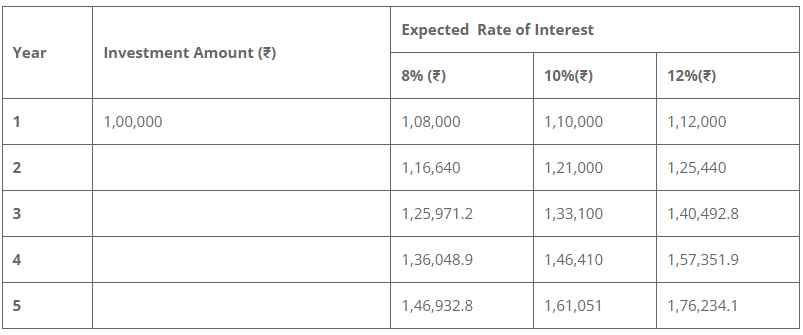
views
There is an often-spoken quote that Albert Einstein once said compound interest is the eighth wonder of the world. Well, whether he said this or not, could be a matter of debate, but the power of compounding with compound interest, is a lesson for those who want to understand management of their personal finances.
Before going into the ‘power’ of compounding, first understand what compound interest is.
Compound interest is the interest on a deposit calculated on both Principal and interest gained over periods.
What is the ‘power’ of compounding?
With an array of investment options available, the chances to earn from your money has also gone high. Even investments in small amounts, like SIPs, have the potential to generate a good pool of money over a period of time. However, while we are talking about saving money and earning interest over it, the factor which makes a difference is the method of compounding.
Compounding interest, also known as ‘interest on interest’, refers to the interest accrued on the initial deposit (principal) including all of the accumulated interest.
Also Read: SIP Or Lump sum? Factors You Should Consider Before Investing
Equity market as well as several schemes run by the government work on compounding-based interest calculation.
Within the equity market, mutual funds can let you create considerable long-term wealth provided your investment decisions are timely and informed.
The amount of interest that you earn on your savings keeps getting added back to the principal, and the interest amount is then calculated on the new principal amount (Original amount + interest earned). Now, since the principal amount keeps growing every year, so does your return. This is the power of compounding.
Simply, compounding means you not only receive the interest on the basic principal amount, but also on the interest that keeps getting added to it.

Many investors in their early days of investment tend to underestimate or ignore the fact that the compounding effect is the prominent accelerator for growing one’s wealth and building a great corpus over a period of time.
SIP and the power of compounding
Investment in mutual fund schemes via the Systematic Investment Plan (SIP) mode helps to reap the benefit of compounding.
As SIP is a long-term wealth creation tool, the compounding effect may grow manifold in a long-term investment.
Also Read: Confused About Mutual Funds Types? What Is Equity, Debt Or Hybrid Funds; Check Details
Motilal Oswal has given the following simple example to demonstrate the power of compounding on their website.
Raj and Rekha both put Rs 50,000 into an investment that pays a 10% yearly interest rate for a period of ten years. Raj prefers simple interest, whereas Rekha prefers compound interest. Raj will have a total corpus of Rs. 1 lakh at the end of ten years. Rekha, on the other side, would be paid Rs. 1.30 lakh.
This is because, in Raj’s situation, interest was computed solely on the Rs. 50,000 original principle. In Rekha’s situation, however, the interest earned each year was added to the principle to compute the following year’s interest. This significantly increased her profits.
Read all the Latest Business News here

















Comments
0 comment